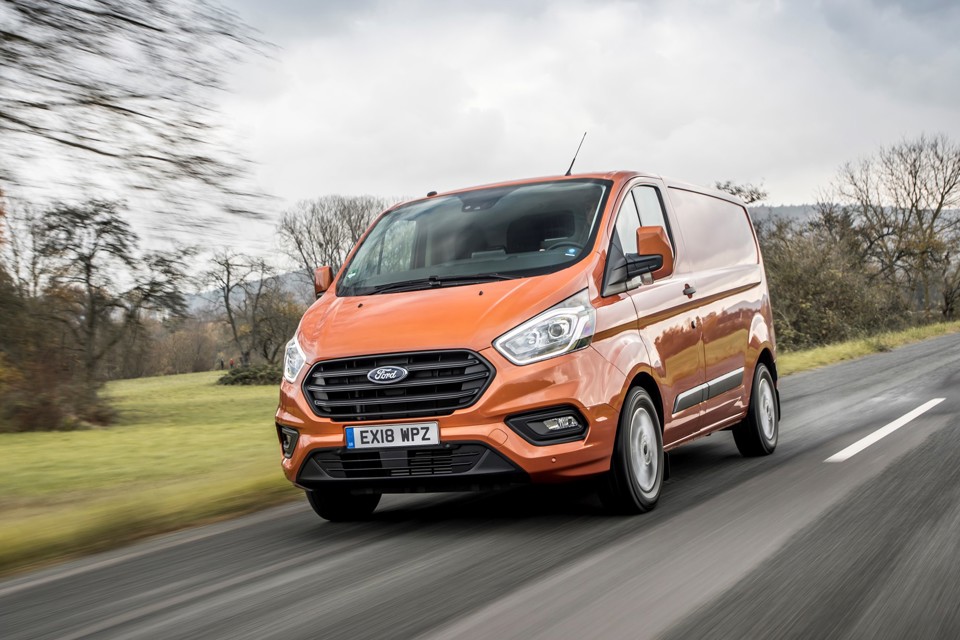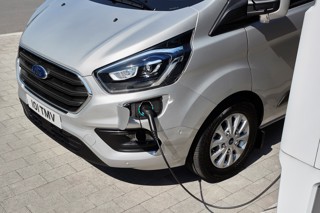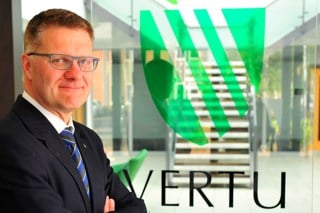Ford and Volkswagen have signed the first agreements to work together on developing new commercial vans and medium-sized pickups.
In addition, both companies have signed a memorandum of understanding to investigate collaboration on autonomous vehicles, mobility services and electric vehicles and have started to “explore opportunities”.
Both companies also said they were open to considering additional vehicle programs in the future.
Volkswagen chief executive Dr. Herbert Diess and Ford chief executive Jim Hackett confirmed that the companies intend to develop new vehicles for global markets by 2022.
Both companies said the alliance will drive “significant scale and efficiencies and enable both companies to share investments in vehicle architectures that deliver distinct capabilities and technologies”.
Ford and Volkswagen said the deal is expected to yield improved pre-tax operating profits from 2023.
Hackett said: “Over time, this alliance will help both companies create value and meet the needs of our customers and society.
“It will not only drive significant efficiencies and help both companies improve their fitness, but also gives us the opportunity to collaborate on shaping the next era of mobility.”
Diess added: “Volkswagen and Ford will harness our collective resources, innovation capabilities and complementary market positions to even better serve millions of customers around the world. At the same time, the alliance will be a cornerstone for our drive to improve competitiveness.”
The alliance, which does not entail cross-ownership between the two companies, will be governed by a joint committee. This committee will be led by Hackett and Diess and will include senior executives from both companies.
Commercial van and pickup collaboration
The alliance would likely cover models like future versions of the the Ford Transit and Ranger range, as well as the VW Transporter, Caddy and Amarok.
Ford intends to engineer and build larger commercial vans for European customers and Volkswagen intends to develop and build a city van.
The companies’ collective light commercial vehicle volumes from 2018 totaled approximately 1.2 million units globally, which could represent the industry’s highest-volume collaboration as production scales.
Demand for both medium pickups and commercial vans is expected to grow globally in the next five years.



















Login to comment
Comments
No comments have been made yet.